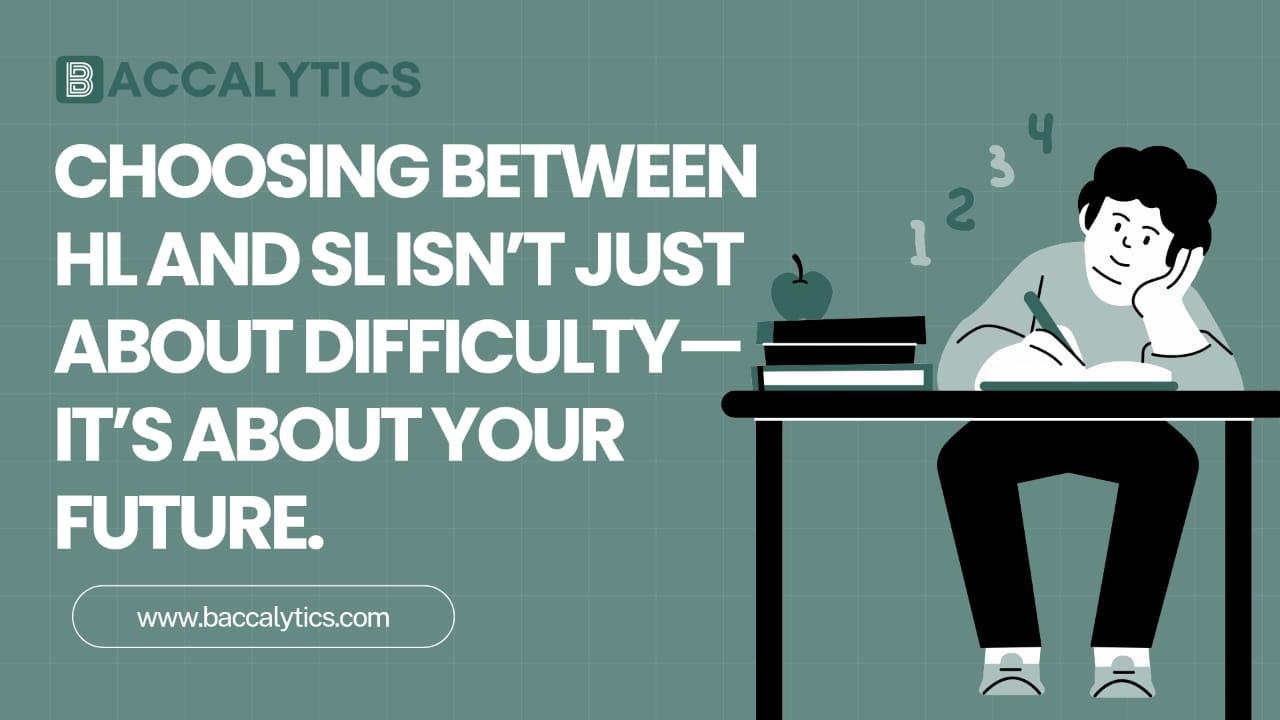
IB Math HL vs. SL: Which One Should You Choose?
Rabia Mateen
Choosing between IB Math HL (Higher Level) and SL (Standard Level) can feel like navigating a maze.
It's a big decision, and it impacts your future studies and career path.
Let's break down the key differences and help you decide which path is right for you.
Understanding the Core Differences
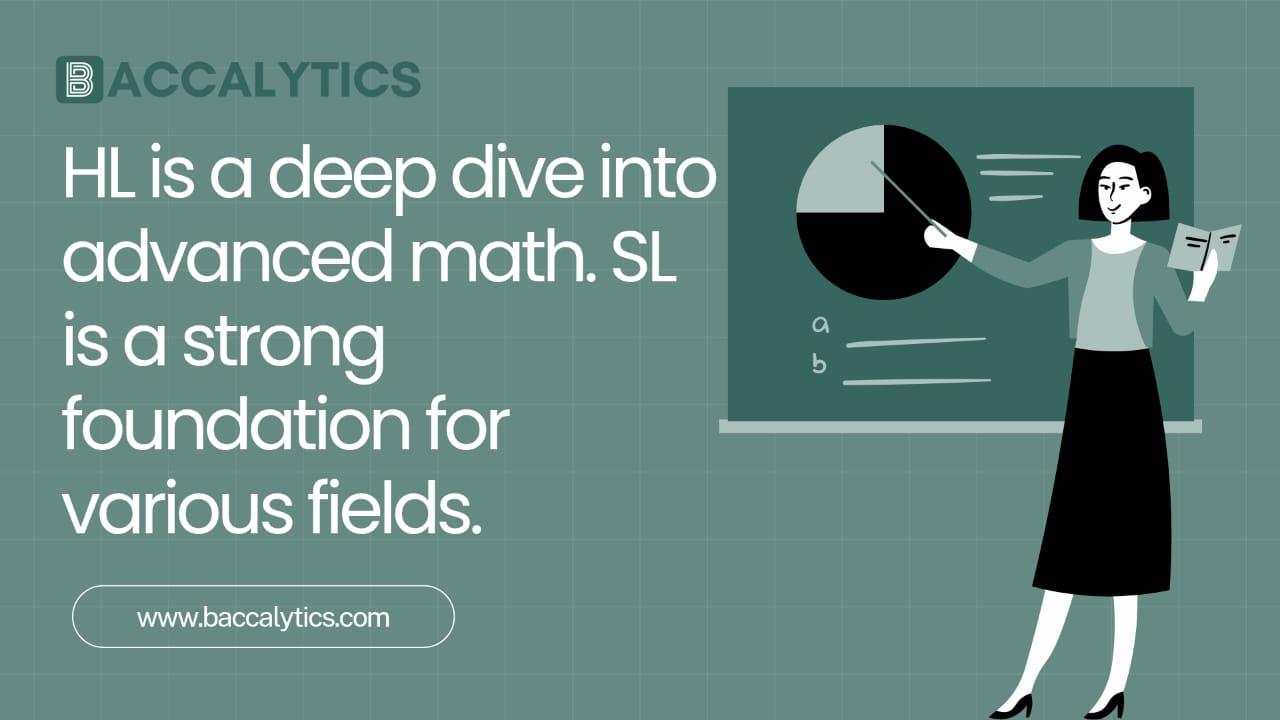
IB Math HL is designed for students with a strong passion and aptitude for mathematics. It delves into more complex concepts, requiring a deeper understanding and greater problem-solving skills.
Think of it as a rigorous dive into the world of advanced math.
IB Math SL, on the other hand, provides a solid foundation in mathematics suitable for a broad range of university courses.
It covers essential topics, but with less depth and complexity than HL.
It's a great option if you need math for your studies but aren't planning to pursue a math-heavy degree.
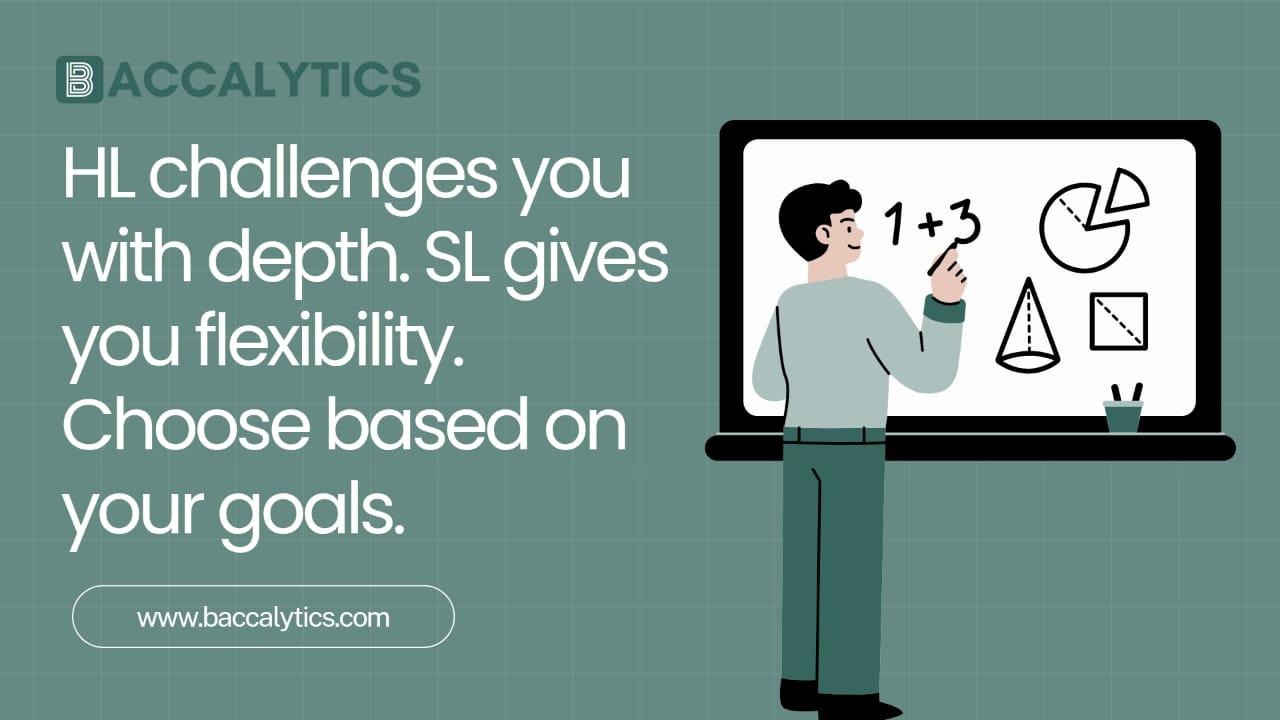
Depth of Content: HL explores more advanced topics like calculus, complex numbers, and abstract algebra in greater depth. SL covers core topics like algebra, trigonometry, and calculus at a more accessible level.
Time Commitment: HL requires significantly more study time and effort due to its demanding curriculum. SL allows for more flexibility and time for other subjects.
University Requirements: Some university programs, particularly in STEM fields, require or strongly recommend HL Math. SL is sufficient for many other programs.
Who Should Choose IB Math HL?
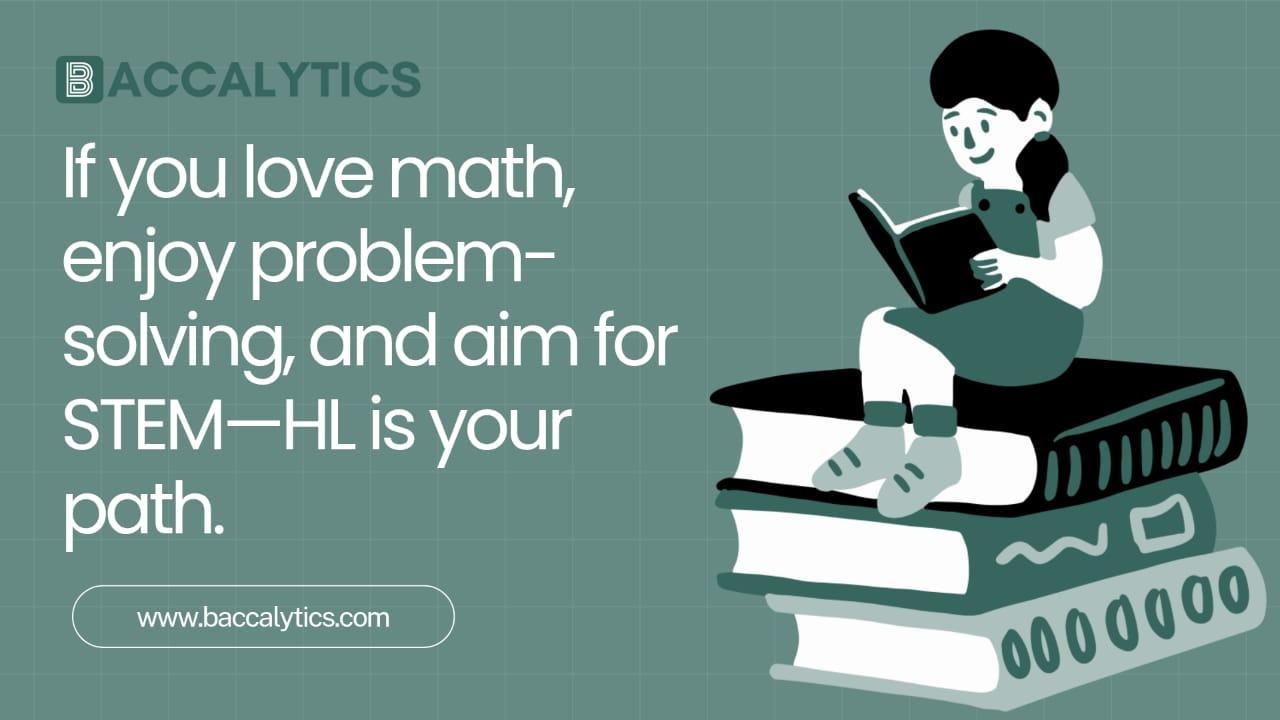
If you:
- Have a genuine love for mathematics.
- Excel in problem-solving and critical thinking.
- Plan to pursue a degree in mathematics, physics, engineering, or computer science.
- Enjoy a challenge and are willing to put in the extra effort.
Then HL Math might be the perfect fit.
Who Should Choose IB Math SL?
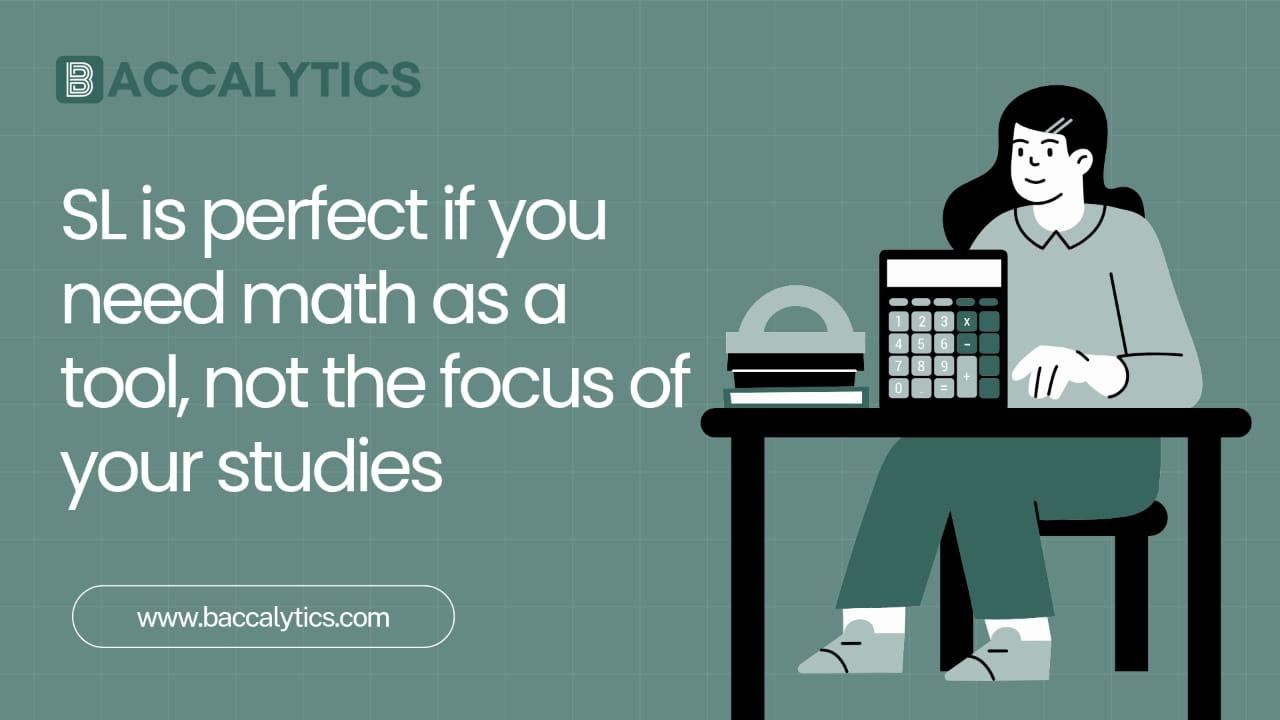
If you:
- Need mathematics as a supporting subject for your chosen field.
- Are comfortable with math but don't consider it your strongest subject.
- Prefer a balanced workload and want to dedicate time to other IB subjects.
- Plan to pursue degrees in fields like business, social sciences, or humanities.
Then SL Math is likely the more suitable option.
Consider Your Future Goals
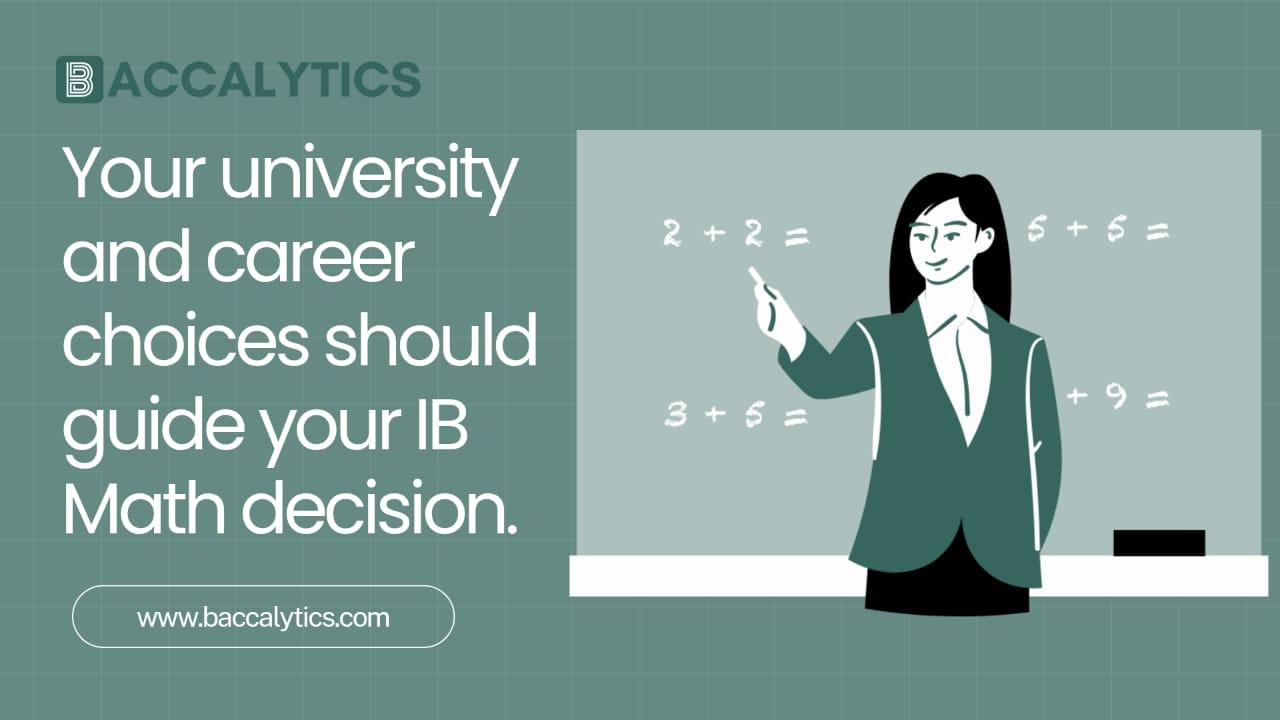
Your future academic and career aspirations should heavily influence your decision. Research the specific requirements of the university programs you're interested in. Many STEM programs expect HL Math.
For more information on IB math curriculums, you can review the official IB website. International Baccalaureate Organization
To get a good understanding of university requirements, check the websites of universities you are interested in. Many universities publish their entrance requirements online.
For more student perspectives, resources like Reddit IB sub can give you real world examples.
Don't Underestimate the Workload
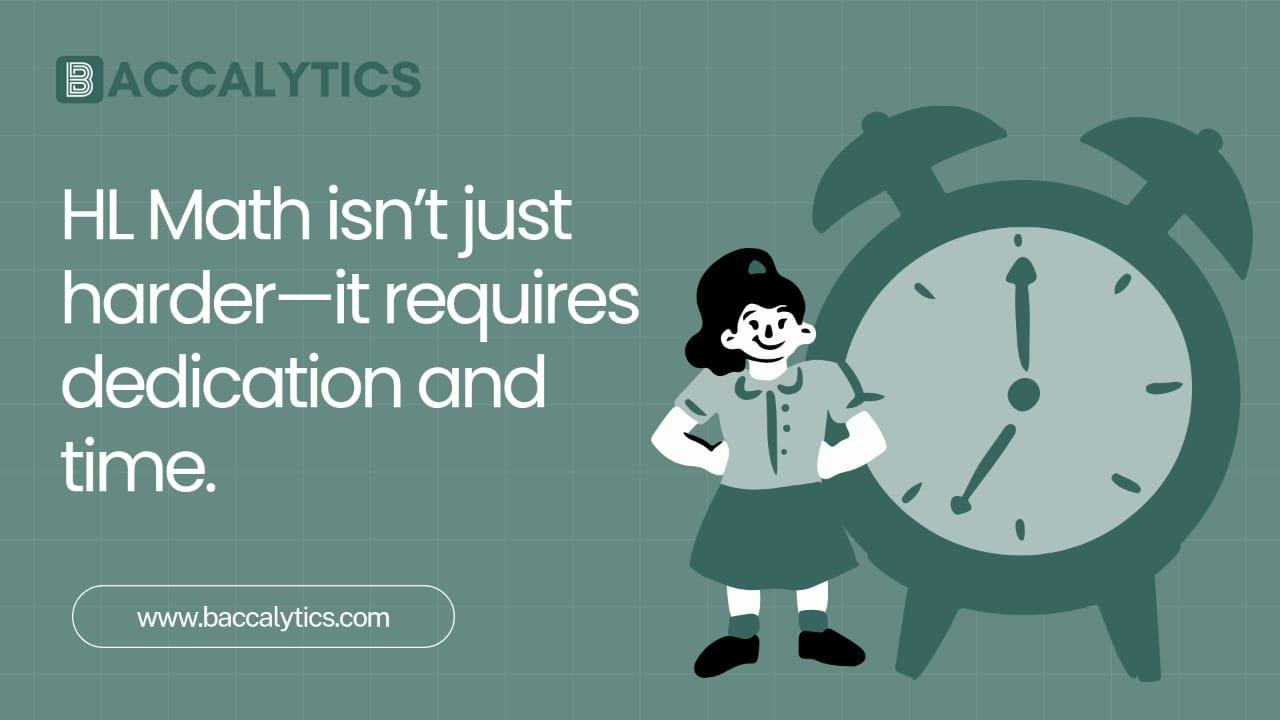
HL Math is a significant commitment. Be prepared to dedicate a substantial amount of time to studying and practicing. It's crucial to be realistic about your abilities and workload.
Talk to Your Teachers and Advisors

Your teachers and advisors can provide personalized guidance based on your academic strengths and goals. Don't hesitate to seek their advice.
They've seen many students navigate this decision and can offer valuable insights.
Making the Right Choice

Ultimately, the best choice depends on your individual circumstances.
Consider your passion for mathematics, your future goals, and your ability to manage the workload.
By carefully weighing these factors, you can make an informed decision that sets you up for success.
